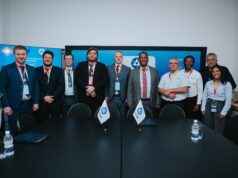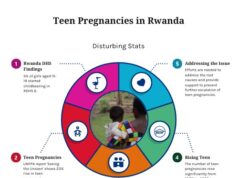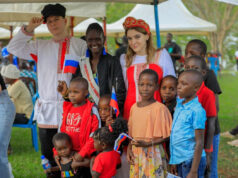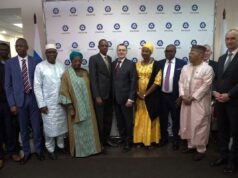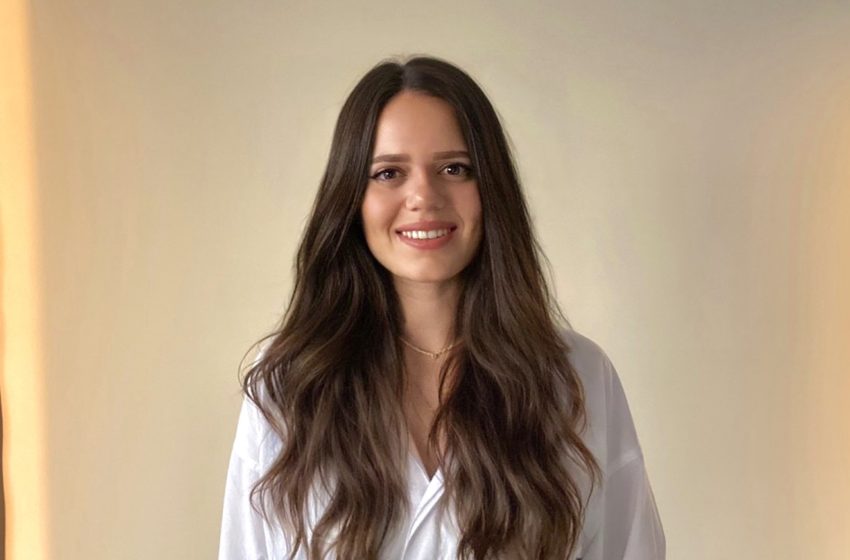
By Lara Reffat
Meet Sarah Sedky, an Egyptian-Dutch woman who knows all about the power of social media. She is also a dyslexia activist who speaks English, Arabic, and Dutch- which probably comes in handy as the founder of Dyslexia Community Worldwide.
“I knew I wanted to help other dyslexics when I moved back to Egypt at the age of 12. I lived in Dubai before that and received the best support from my school´s learning difficulty department. When I returned to Egypt, there was no support and I had to find my way,” she said.
Dyslexia does not have one universal definition. It differs among institutions, experts, and activists. However, most agree that modern definitions should move past stereotypes.
According to the British Dyslexia Association, “Dyslexia is a learning difficulty which primarily affects reading and writing skills. However, it does not only affect these skills. Dyslexia is actually about information processing.”
Sedky practically always knew she was dyslexic. Her symptoms went beyond difficulty in reading and writing.
“I got assessed at the age of 7/8 years old, although my mother knew I had dyslexia at the age of 4 due to the common signs of dyslexia. I faced challenges such as mirroring words and letters, difficulty with reading and spelling, and until this day I have short-term memory.”
The contrast between dyslexia awareness in Dubai and Egypt stuck with Sedky for years to come. She vowed to give Egypt-based dyslexics the same support she got in Dubai.
But helping others meant having to put her education first. In 2019, the day after graduating from the university, Dyslexia Community Worldwide was launched.
Dyslexia in MENA
“I have a hard time with dyslexics in Egypt and the MENA region in allowing me to share their experiences publicly on my platform,” Sedky explained.
Bullying is also a widespread concern for many with learning disabilities. Children and young adults are particularly at risk. However, even being deprived of support is enough to cause trauma.
“There is a lack of knowledge about dyslexia in schools and our culture, that has resulted in a lot of traumatic experiences for some people,” Sedky said.
“I have some upsetting memories from my childhood, but I learnt to grow from them with the help of my family,” she added.
Dyslexics can often feel isolated by the lack of awareness. Consequently, it is not uncommon for them to also be battling mental health issues. Studies suggest a strong correlation between dyslexia and depression.
A 2022 paper from the Journal of Affective Disorders found that “the direct link between dyslexia and depressive symptoms is statistically significant.”
Parents can sometimes downplay the roles they have in their children’s emotional development. A child can often sense when their parents are frustrated by their learning difficulties. Over time, this may impact their self-esteem and carry into adulthood. Children need to feel they mean more than their schoolwork and that they are loved unconditionally.
“ I also remind parents that if you support your child regardless of their grades and struggles, they will feel motivated to put in the work and use the resources available to them,” Sedky said.
In MENA countries, a lack of focus on dyslexia could hinder change. Even now studies on dyslexia in the region are scarce.
“Dyslexia is a relatively unknown phenomenon in Arabic academic communities. Arab countries are experiencing a rapid increase in dyslexic students; consequently, there is an urgent need to investigate dyslexia and its associated student assistive technology (AT),” notes a 2020 study published in the International Journal of Early Childhood Special Education.
Although it is worth emphasising the roles parents and schools should play, support from other dyslexics is crucial as well. Online platforms could provide some relief to those who aren’t finding support at home or school.
“Dyslexic Community Worldwide is exactly as it states, it’s a safe and supportive community for dyslexics all around the world to come together and support one another.”
The platform is on several social media applications. Some content might be tailored accordingly, but the message of unity remains the same.
Sedky often hosts Instagram lives with dyslexic experts while also offering digestible myth-busting posts about dyslexia.
“DCW stands out because of the different nationalities that are sharing the platform and the different stories that are being heard, it allows others to feel like they are not alone and that they don’t have to be afraid or ashamed of their dyslexia but on the contrary, be proud of it.”
Dyslexia generally isn’t a hot topic in the Middle East and North Africa. Misconceptions feed into ignorance and poor treatment quality. Dyslexia can affect anyone. It doesn’t discriminate according to any factors such as gender, age, or class.
“I have spoken to a few women who found out about their dyslexia at an older age. Although they would’ve preferred finding out earlier, they were all very thankful to find out when they did. In my DCW community I support and advise women of all ages to get assessed,” Sedky said.
Those who do believe in dyslexia diagnoses and support may still wonder if it’s only the privileged who can have access to resources.
“You don’t have to be ‘rich’ to help an individual overcome their dyslexia…There are so many programs now available online for an affordable price and for free, and they are equally as beneficial,” Sedky explained.
Social media can often be a catalyst for change. Average people take to their phones to become vocal activists. For many Arabs and North Africans dyslexics can mean finally seeing their experiences reflected.
For Dyslexics Community Worldwide, social media means having a wide reach and impact.
Sedky has found the most success with Instagram and Tiktok.
“Those two platforms have helped me create a community and have allowed me to reach several people from all over the world. Within my dyslexia community, there are a lot of individuals who have platforms for dyslexia in the MENA region.”
Though social media is where most of the conversations are happening, Arab television is slowly catching up.
Dyslexia experiences have begun to make it to some popular North African TV. Some of these depictions have challenged the stigma head-on.
The Egyptian TV show Meen Aal? (Who said?) featured the character of Karen, a dyslexic college student. It was praised by many in the Arab dyslexia community.
What’s next?
Meanwhile, DCW is continuing their journey in new directions.
Other changes are on the horizon. Sedky happily describes plans of taking her dyslexia advocacy to different types of people and on more personal levels.
“At DCW we’ve been working on providing more one-on-one sessions and seminars for students, parents, and teachers.”
DCW also encourages dyslexics to not just accept themselves but embrace their dyslexia. The platform does this through guessing games. It does inform the public of celebrities with dyslexia: Will Smith, Tom Holland, and Cher are just some of the names.
“We are also going to be selling DCW’s paintings from our ‘Guess the Dyslexic’ segment on Instagram for anyone interested in our artwork. So definitely stay tuned for that!”
When asked about her advice for young dyslexic girls hoping to get into media, Sedky had a few tips to share:
“Dyslexia should be seen as your strength, it makes you unique, creative, and imaginative. These are only three out of several strengths that will give you an advantage in your work and career that others wish they had. You can achieve anything you set your mind to, as long as you put in the work and dedication.”
This article is part of African Women in Media (AWiM) Graduate Trainee Programme in collaboration with FOJO Media Institute




